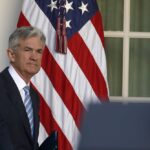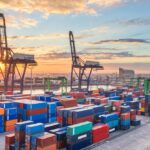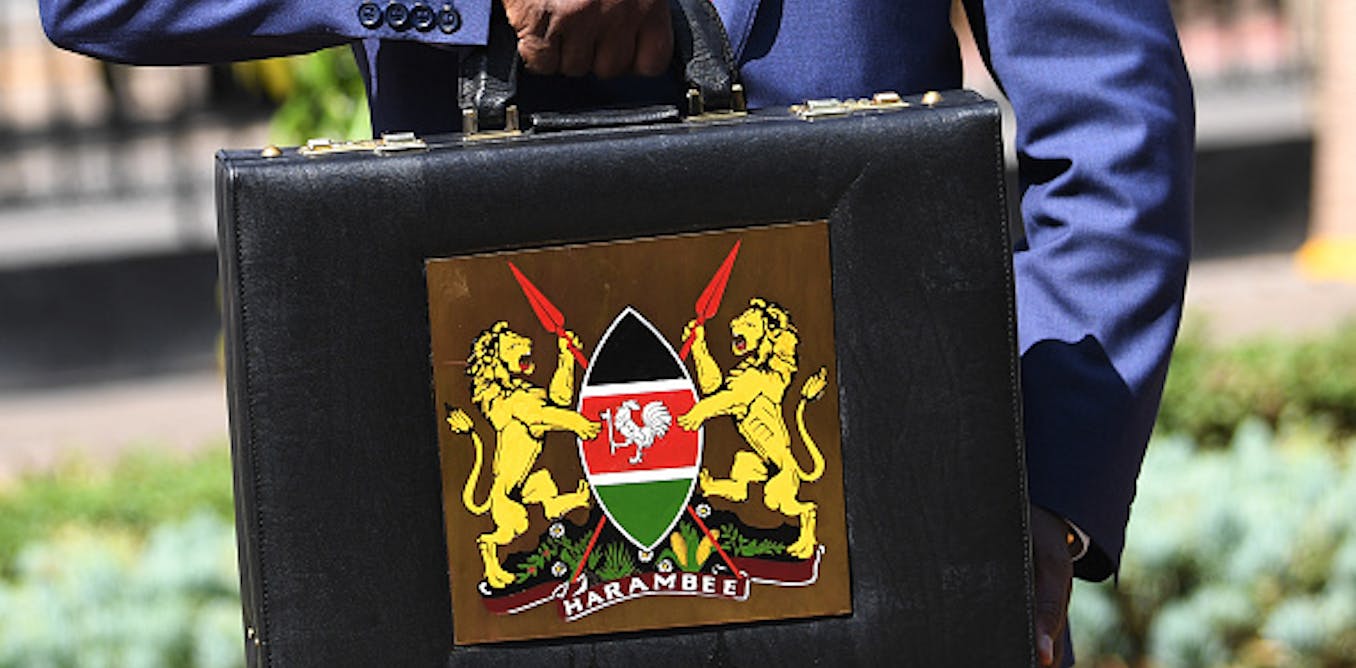William Ruto has been declared the winner of Kenya’s 2022 presidential election and is set to inherit an economy that’s not in great shape. For example, unemployment is running high, a fact that fuelled the youth resentment against the government of outgoing president Uhuru Kenyatta. Kenya’s economy generates less than 200,000 formal jobs for the over one million young people who join labour market every year. The country is also grappling with huge public debt and a high inflation rate. We asked Kathleen Klaus, XN Iraki and Oscar Mwangi about the likely impact of Ruto’s win on Kenya’s economy.
Kathleen Klaus: President-elect William Ruto faces significant economic challenges. These include high inflation (projected to average 7.1% in 2022), expanding public debt and high youth unemployment.
While Ruto has promised “bottom-up” economic transformation, his role as Deputy President in the previous administration provides little indication of his ability, or will, to push through transformative economic policies.
More so, the legal battles facing his associates and his large land holdings signal a hands-off approach to the country’s enduring and intractable issues of corruption and land injustice.
Another issue to watch is how the incoming government navigates its relationship with China. It is Kenya’s largest import partner and a major investor in the country’s large-scale infrastructure projects.
On the campaign trail, Ruto took an antagonistic stance towards Beijing. He threatened to deport Chinese nationals, blamed China for Kenya’s debt, and promised to end government borrowing from China. If he follows through on these statements, Kenya could be headed toward a much more contentious relationship with China. This could stall future development projects, while helping to rein in future debt obligations.
In the short-term, what may matter most for ordinary Kenyans is the ability to resume normal life. But with the leadership of Ruto’s rivals and a section of electoral body’s officials questioning the presidential results, the resumption of normal life may remain on hold.
XN Iraki: Ruto’s victory means Kenyans face more of the status quo. He, and the coalition behind him, seem to be firm believers in the market economy where the government hardly intervenes in production and price setting.
But the coalition will be faced with the problem of placating the “hustlers” who have been promised a transformation through bottom-up economics. Ruto has used “hustlers” to refer to informal sector players and young people who struggle to make ends meet.
Beyond easy credit, the people Ruto was referring to will expect some quick fixes to feel good about their victory, such as the ease of doing business or tax reduction.
We can expect some economic drag in the first six months – lower economic growth than expected – as the new regime tries to balance off its promises with reality. Of interest is how it will accommodate key foreign and local economic players. Will they be befriended or kept on their toes? A feel-good effect could reduce the drag, particularly if any electoral disputes are resolved amicably.
I hope new policies will not spook big investors and small enterprises as this could lead to a chill in economic activities. The next regime must be ready to deflate the “great expectations” economic balloon resulting from promises made to everyone, particularly the hustlers.
In general, I expect economic disappointment within the first six months of Ruto’s rule. After that, we can start seeing through the political fog. The winner will need the loser, and it’s unclear what economic dance they will engage in.
Oscar Gakuo Mwangi: In his manifesto Ruto indicated he’d adopt an Africa-focused foreign policy. The Kwanza Alliance, which backed him, has emphasised the need to prioritise regional organisations when it comes to expanding the market for Kenya’s products and services. These include the African Continental Free Trade Area, East African Community and the Common Market for Eastern and Southern Africa.
The Africa-focused policy will also allow Kenya, to expand its influence as a technology powerhouse. For instance, the Konza Technopolis that Ruto wants to prioritise is meant to provide infrastructure that the private sector and academic institutions require to nurture emerging technologies of the region.
Ruto’s team also wants to see Kenya as an anchor state in regional, continental, and global affairs. Specifically, the administration wants to strengthen Kenya’s role in fighting international radicalisation and terrorism. This could raise the country’s global political and economic clout, thereby creating opportunities for its citizens, businesses and investors.
And to tap the full potential of Kenyans living and working abroad, Ruto’s administration intends to create a specific ministry for Diaspora Affairs. Diaspora remittances are already a key source of foreign exchange for Kenya.










